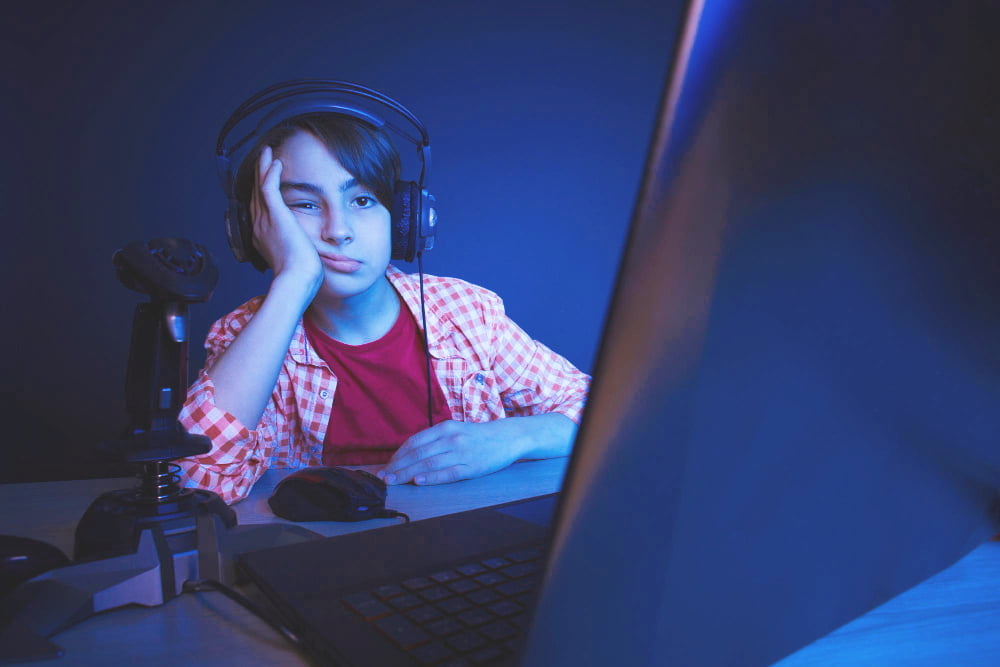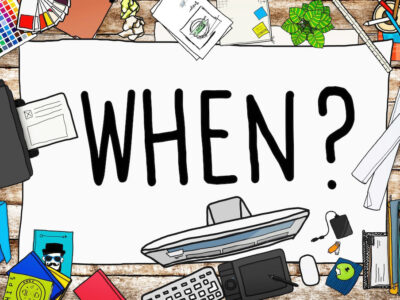Social media has become a staple in our daily lives, with billions of users worldwide. Recent statistics show that the average person spends over two hours a day scrolling through platforms like Facebook, Instagram, and Twitter. While it connects people, its downsides are often overlooked. What would happen if social media disappeared entirely? This article explores the significant downsides of social media and looks at the positive changes that could occur in a world without it.
Mental Health Impacts
Increased Anxiety and Depression
Several studies connect social media use with heightened anxiety and depression. Research indicates that teens are especially vulnerable. They often compare themselves to others, leading to negative feelings. Cyberbullying, which is rampant on these platforms, further exacerbates mental health issues. A 2019 survey noted that 37% of teens experienced cyberbullying, leaving many feeling isolated and depressed.
Body Image Issues
Social media plays a massive role in shaping body image. Influencers often showcase filtered and unrealistic beauty standards, creating a distorted view of what is “normal.” Many young individuals feel pressured to conform. A report revealed that 30% of teens felt worse about their bodies after spending time on social media.
Addiction and Time Management
Social media can be addictive, with notifications and likes driving users to return frequently. People typically look at their social media accounts 17 times each day. This constant engagement distracts from real-life relationships and reduces productivity, leaving many anxious about what they might miss.

Loss of Privacy and Security
Data Collection and Surveillance
Social media platforms are known for their extensive data collection. Users often unknowingly give away personal information, leading to potential privacy risks. Data breaches, such as the Facebook leak that affected millions, show the dangers of this practice.
Misinformation and Manipulation
Social media is a breeding ground for misinformation. False news spreads rapidly, affecting politics and public opinion. During elections, campaigns often exploit social media to manipulate voter perceptions, creating a skewed understanding of critical issues.
Online Harassment and Trolling
Online harassment is a severe issue. Many users face trolling, leading to mental health struggles. A study found that 40% of individuals reported experiencing some form of online harassment. The lingering effects on victims can cause long-lasting emotional pain.

The Erosion of Authentic Connection
Superficial Relationships
Social media often promotes superficial connections instead of deep relationships. While it may foster interactions, these exchanges lack the warmth of face-to-face conversations. Genuine relationships may suffer as users prioritize online interaction over real-world connections.
Fear of Missing Out (FOMO)
FOMO is a significant psychological issue linked to social media. Users constantly worry about missing events or social gatherings, leading to anxiety and dissatisfaction. This feeling can detract from enjoying daily life and the relationships already present.
The Pressure to Present a Perfect Self
Curated online personas can harm self-esteem. The pressure to appear perfect online leads many to feel inadequate. Users may strive for likes and validation, losing sight of their true selves in the process.
Economic and Political Impacts
Impact on Traditional Media
Social media has shifted how people consume news. Many now prefer browsing social media platforms over traditional media. A recent study showed that 62% of adults get news from social media, significantly reducing the influence of newspapers and TV.
The Spread of Misinformation and Political Polarization
Misinformation on social media contributes to political polarization. Flashy headlines and emotional posts can lead to divided opinions. Real-world examples, such as the 2020 U.S. elections, illustrate how social media narratives can split public opinion.
The Power of Big Tech
Big Tech companies hold excessive power over people’s lives. Their influence stretches into various sectors, shaping societal norms and opinions. This dominance raises questions about accountability and transparency in their operations.

A World Without Social Media: Potential Benefits
Increased Productivity and Focus
Removing social media could lead to increased productivity. With less time spent online, individuals can focus on work or hobbies. This shift can create a more fulfilling daily experience.
Stronger Real-World Relationships
With social media out of the picture, it’s likely that in-person relationships would strengthen. People may spend more time engaging with family and friends, building more meaningful connections.
Improved Mental Well-being
Life without social media could positively impact mental health. Reduced anxiety levels and less pressure to conform may lead to increased happiness. Many would benefit from the freedom to connect without the constraints of online personas.
Conclusion
The downsides of social media are far-reaching, affecting mental health, privacy, and authentic connections. While these platforms have their benefits, a world without social media could offer immense potential for improvement. Embracing reduced usage could foster real-world relationships and enhance mental well-being. Consider taking a step back from social media and focusing on building true connections and experiences that matter most.
Also Read: The Impact of Social Media on Mental Health and Body Image
Discover more from NoseyPepper
Subscribe to get the latest posts sent to your email.










Recent Comments